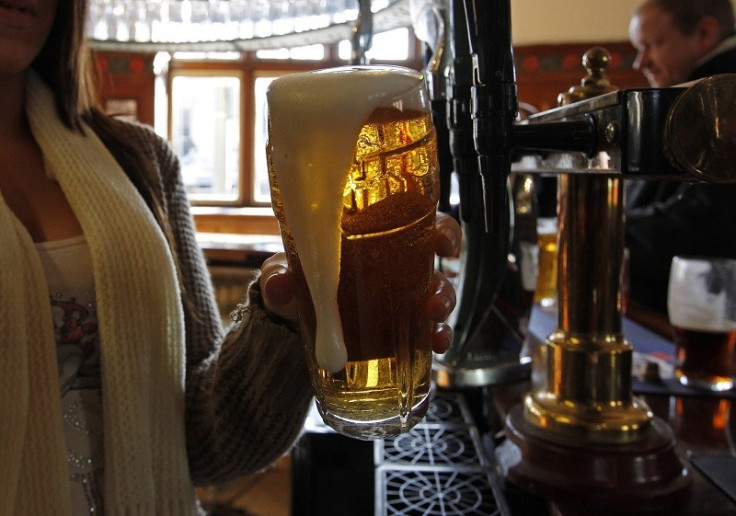UK Companies 'Should Screen Staff for Alcohol to Identify Abuse'

UK companies should introduce alcohol testing to prevent harm to workers and reduce sickness costs, an article in a leading medical journal has argued.
According to Don Shenker, the director and founder of Alcohol Health Network, workers should take a standardised test which identifies whether or not they are abusing alcohol.
The campaigner wrote in the British Medical Journal that identifying alcoholism in employees could prevent alcohol-related harm and sickness costs as well as lost days of work to hangovers.
"Offering staff confidential use of the alcohol use disorders identification test and brief advice as a self-awareness initiative at work, whether through face-to-face interactions or leaflets, may well help prevent problems with alcohol at an earlier stage," said Shenker.
He also claimed that self-assessment tests to identify alcohol abuse have proven "highly effective and cost efficient" among NHS patients in primary and secondary care.
Alcohol can be held directly or indirectly responsible for 40% of accidents in the workplace and 17 million lost days of work per year at a cost of £7.3bn ($11.7bn, €8.7bn), according to Shenker.
He added: "Employers need also to be convinced of the business case for prevention rather than cure - that is, that it is ultimately more cost effective to prevent and reduce harmful drinking in the general working population, compared with the costs of managing dependent drinking among a minority of staff."
The NHS estimates that in the UK around 9% of men and 4% of women show signs of alcohol dependence.
In 2011,167,764 prescriptions for drugs to treat alcohol dependency were prescribed, and the year before more than 6,000 deaths were directly related to alcohol.
The government advises that people should not regularly drink more than the daily unit guidelines of three to four units of alcohol for men (equivalent to a pint and a half of 4% beer) and two to three units of alcohol for women (equivalent to a 175ml glass of wine).
© Copyright IBTimes 2025. All rights reserved.






















